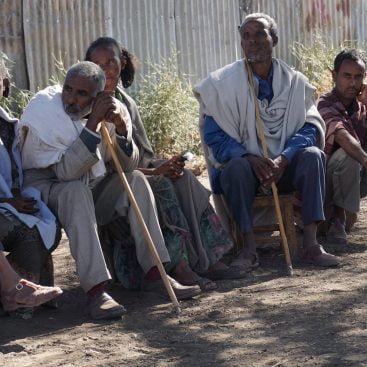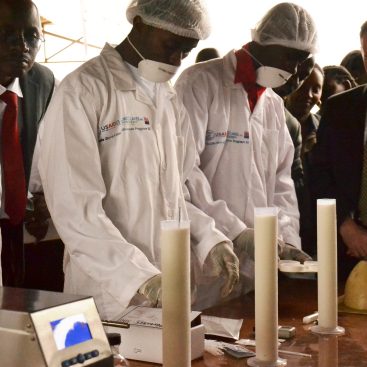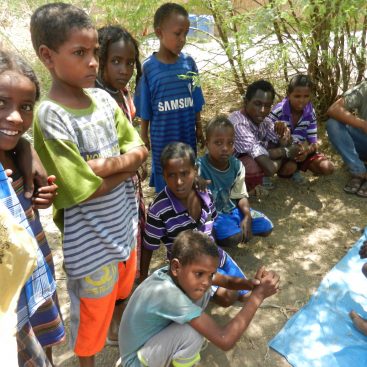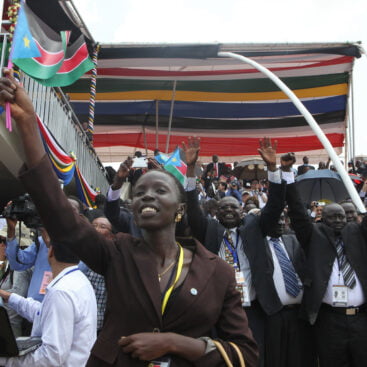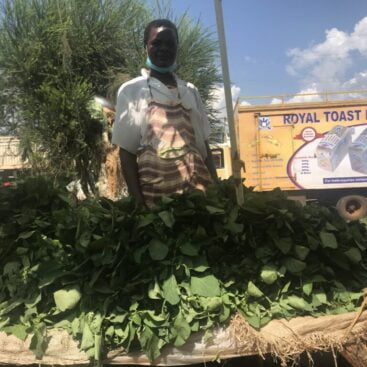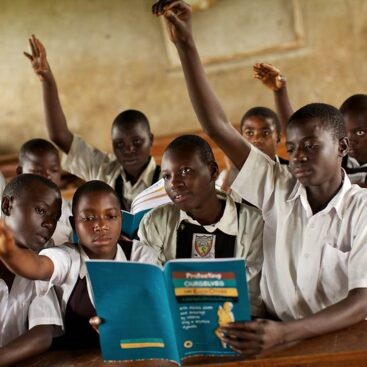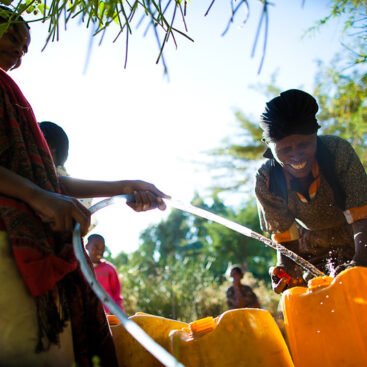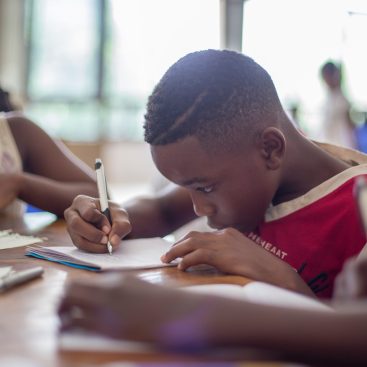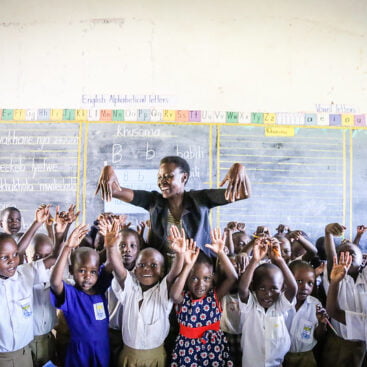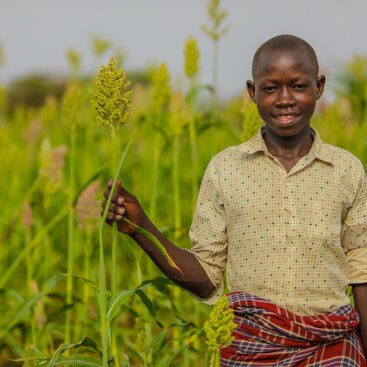Research Team
PI:

Wilella Burgess
Director, Evaluation and Learning Research Center
Purdue University
wburgess@purdue.edu
Co-Pi:

Abdirisak Dalmar
Founder and President
Somali Research and Development Institute (SORDI)
drdalmar@sordi.so ; drdalmar@sdri.edu.so
Supporting Partner(s):

Julius SSentongo
Director Resilience
Makerere University School of Public Health – ResilientAfrica Network
jssentongo@ranlab.org
Project Information
Title of Project: Baseline Evaluation of Somalia’s Accelerated Quality Learning Program (Bar ama Baro – “Teach or Learn”)
Sector: Education
Country: Somalia
Lead Institution: Purdue University
Co-PI Institution: Somali Research and Development Organization (SORDI)
Partner(s): Makerere University (Resilient Africa Network)
Final Budget: TBD
Project Length: 06/21/2019 – 07/31/2023
Research Objective:
The evaluation project advances USAID and its user groups’ ability to provide evidence-based Accelerated Basic Education Programs (ABEs) by understanding the effectiveness of the BAB ABE model (or components of the model), learning outcomes of diverse Somali learners across different education options, and factors that influence scalability, effectiveness and cost-effectiveness of ABE at scale. This research is guided by 3 major evaluation questions:
1. Is the Bar ama Baro (BAB) accelerated education program effective in providing access to quality education for Somali out-of-school children and youth? Research will look at effectiveness across different implementation contexts, for example urban, rural, and internally displaced persons (IDP) settings, focusing on equitable access, retention, and learning outcomes for all learners. It will expecially focus on the most vulnerable, especially girls, religious minorities, persons with disabilities, and displaced people).
2. How do learner, school, and community characteristics impact learning outcomes for formal and BAB students? Research will document learning outcomes of diverse learners across formal, non-formal, and private education options and examine the impact of contextual and demographic indicators on learning outcomes.
3. What can we learn from the BAZB Implementation to inform decision-making for scale-up and sustainability? Research will provide timely feedback to USAID and Creative (BAB) about effectiveness and cost effectiveness to inform decisions around continuous improvement, replication and scale up.
Project Description:
Somalia is a post-conflict zone that suffers from widespread violence, food insecurity and recurring droughts and floods. The combination of these factors over the past 20 years has resulted in a large number of internally displaced persons (IDPs) and disrupted much of Somalia’s infrastructure, including education. Currently, Somalia has one of the lowest literacy rates of any country in the world with an estimated 60-80% of the population unable to read and write. Somalia is working to re-establish a stable country and infrastructure — including an educational system that can rapidly educate the large number of out-of-school children and youth, while creating on-going pathways and infrastructure to meet the needs of current and future students.
The Somali National Development Plan (NDP) for 2020-2024 calls for improvements in the education sector that support development of an adequate and well-educated workforce that can help move the country forward both economically and socially. USAID aims to support increased access to quality education for out-of-school children and youth (OOSCY) ages 9-16 years in targeted regions of Somalia by implementing effective Accelerated Basic Education Programs (ABEs). LASER’s external evaluation of BAB will examine the relationships between the BAB program and outcomes of interest to provide convincing and comprehensive evidence to improve program operations and inform evidenced-based decision-making. The evaluation can be used for accountability and decision making, but also for improvement and learning. This evaluation will also examine learning outcomes for students attending public, community, and private education programs that are co-located in BAB sites to provide information that can help the Somali Ministry of Education and Health (MoEHE) and other education stakeholders set benchmarks for reading and math and examine the impacts of different educational models on diverse student populations in Somalia. All findings from this work will be shared with USAID, the Somali MoEHE, and other Somali educational stakeholders for this purpose.
Embedded Research Translation Product: Research outputs that help the Somali Ministry of Education and Health and other educational stakeholders to set benchmarks for reading and math.
Embedded Research Translation Audience: USAID, the Somali MoEHE, and other Somali educational stakeholders for this purpose.

